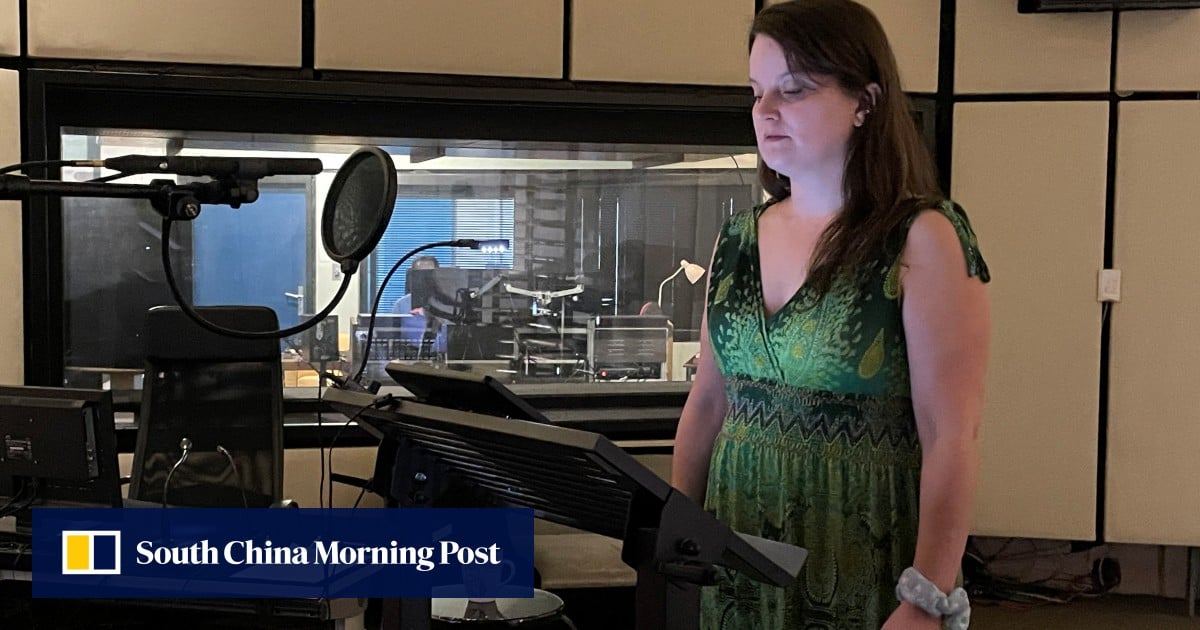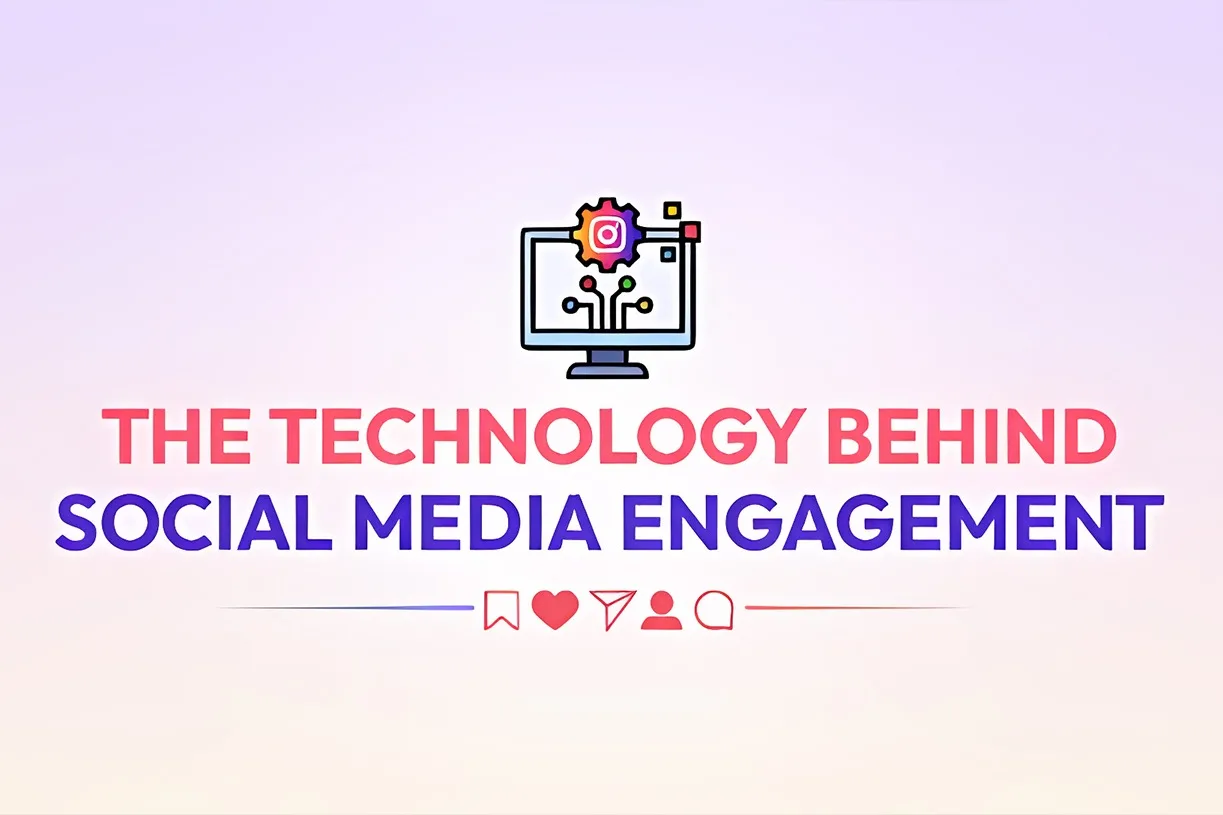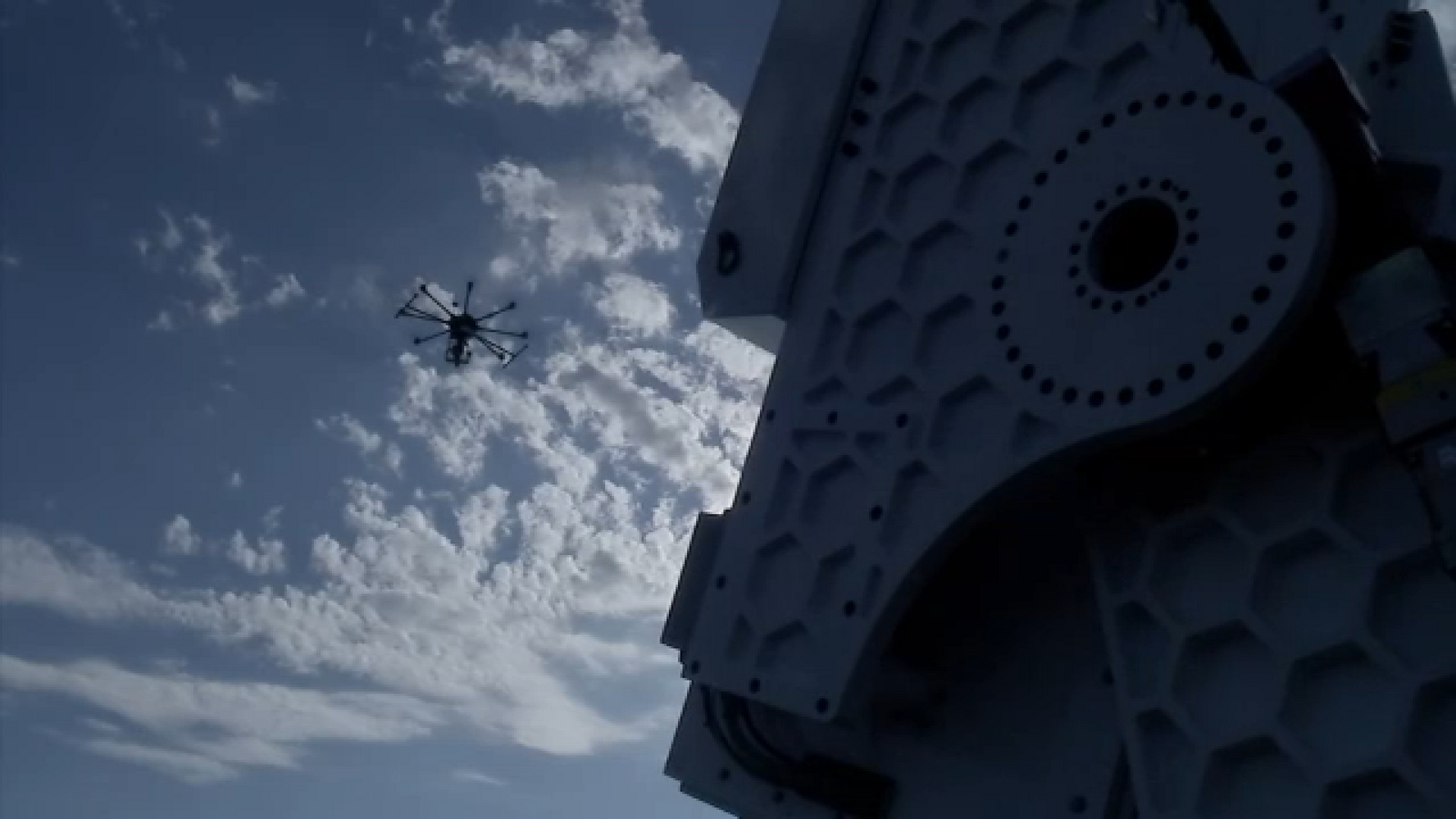AI Dubbing: Threat or Future? Philippine Voice Actors Demand Regulation Amidst Tech Boom

The Rise of AI in Dubbing
AI voice cloning and synthesis technology has advanced rapidly in recent years. This allows for the creation of realistic-sounding voices that can be used to dub films, television shows, and other media. The cost-effectiveness and speed of AI dubbing are proving attractive to production companies, especially when dealing with large volumes of content or tight budgets.
Philippine Voice Actors Sound the Alarm
In the Philippines, a country with a thriving dubbing industry, the concerns are particularly acute. Many voice actors fear that widespread adoption of AI could lead to a significant reduction in demand for their services. “It’s a legitimate threat,” says veteran voice actor, Maria Santos. “We’ve spent years honing our craft, developing our vocal skills and emotional range. Now, a machine can potentially replicate that with minimal investment.”
The issue isn’t simply about job displacement. Voice actors also worry about the artistic integrity of dubbing. Human voice actors bring nuance, emotion, and cultural understanding to their performances, qualities that are difficult to replicate with AI. A poorly dubbed film can lose its impact and fail to connect with audiences.
Calls for Regulation
To address these concerns, a growing number of Philippine voice actors are calling for regulations that would govern the use of AI in dubbing. These regulations could include:
- Transparency requirements: Production companies should be required to disclose when AI is used in dubbing.
- Fair compensation: Voice actors should be fairly compensated for the use of their voices in training AI models.
- Human oversight: AI-generated dubbing should be subject to human review and editing to ensure quality and accuracy.
- Restrictions on voice cloning: Regulations could limit the ability of companies to clone voice actors’ voices without their consent.
A Balanced Approach
While the concerns of voice actors are valid, many acknowledge that AI has the potential to enhance the dubbing process. AI could be used to automate repetitive tasks, improve the accuracy of translations, and even create new opportunities for voice actors. The key is to find a balanced approach that leverages the benefits of AI while protecting the rights and livelihoods of voice actors.
“We’re not against technology,” explains John Reyes, a younger voice actor. “We just want to ensure that it’s used responsibly and ethically. We want to work *with* AI, not be replaced by it.”
The Future of Dubbing in the Philippines
The debate over AI dubbing is likely to continue as technology evolves. The Philippine government and industry stakeholders will need to work together to develop regulations that address the concerns of voice actors while fostering innovation in the dubbing industry. The future of dubbing in the Philippines depends on finding a sustainable model that values both human creativity and technological advancement.






